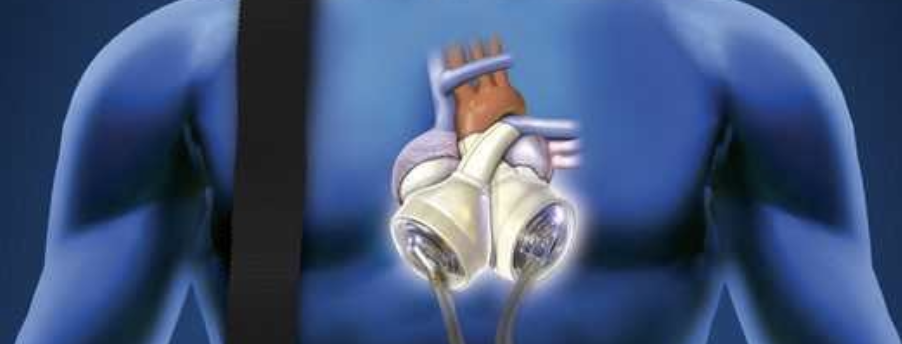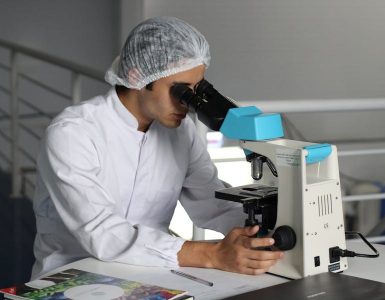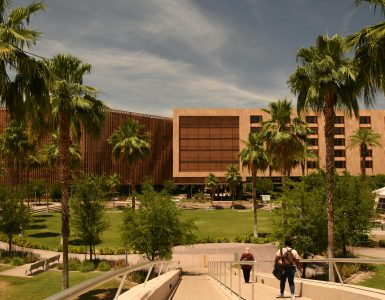SynCardia Systems, LLC is a Tucson based company that builds artificial hearts for patients with end-stage biventricular heart failure.
According to Michael Garippa, President and CEO of SynCardia, “there’s always more candidates for transplant than there are donors and there’s always thousands of people who die on the waiting list because they don’t get a heart in time.”
According to the United Network for Organ Sharing, 20 people die each day while waiting for a transplant. As of Sept. 9, there are roughly 4,000 people waiting for a heart transplant, and between Jan. 1, 1988 and Aug. 31, 2018 only 1,250 patients have received one.
SynCardia combats this problem by building polymer based artificial hearts that allow patients to regain health while waiting. According to Garippa, the original inventors wanted to mimic the human heart so they created a device that is pulsatile and consists of two ventricles and four valves that pump blood throughout the body.
“I’m very proud of the whole process,” Garippa said. “It beats, it has systole and diastole. We think that the concept of pulsatility, instead of continuous flow, is one of the reasons our patients have gotten so much healthier, because it’s just like the way we evolved.”
Garippa says the heart was originally designed to be permanent but only got approval as a temporary option. The longest a patient has lived with one was five years.
According to Garippa, the company has two clinical trials underway. SynCardia is trying to have a smaller heart for women and children approved under humanitarian use, as well as get their larger device approved as a permanent option.
“We’re continually trying to make the artificial heart experience better,” Garippa said. “The big innovations are in the power packs. It was originally 400-pounds, and you stayed in the hospital. Then it was 40-pounds, and you stayed in the hospital. Now, there’s a 13-pound unit, called the Freedom Driver, that you can go home with… It works with plug in power or batteries that let people be untethered but sooner or later the batteries have to be recharged or the unit gets plugged into the wall.”
The company’s heart is available in the United States, Canada and most of Europe. To learn more or find a hospital that performs the surgery near you, click here.
















Add comment